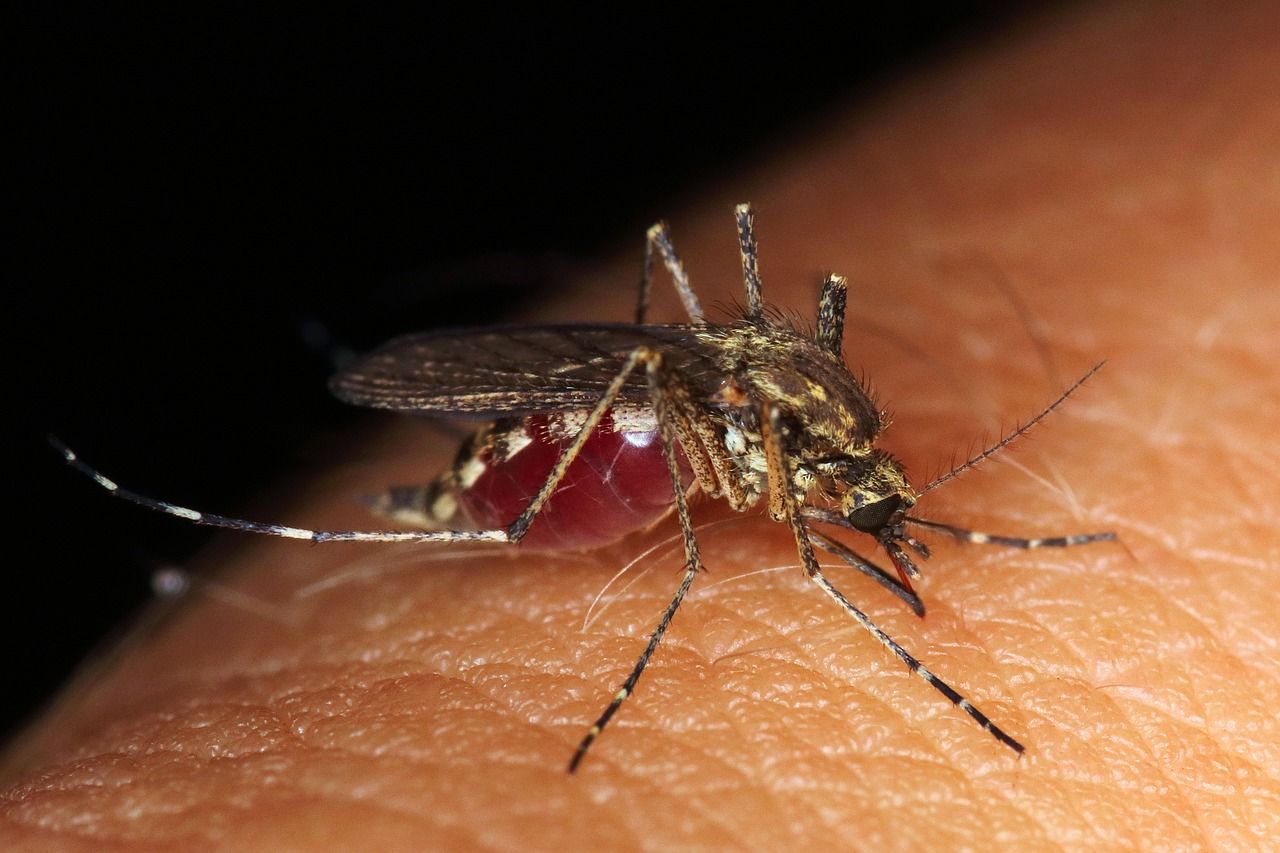Follow us on Google News (click on ☆)
Dengue, an infection spread by the female Aedes aegypti mosquito, recorded more than a million cases in the first two months of the year, marking a 226% increase compared to the same period in 2023. This alarming situation has led cities like Rio de Janeiro to declare a health emergency.

Illustration image Pixabay
Nearly half of the world's population lives in areas exposed to dengue, an endemic disease in Brazil, where it circulates constantly. Between 2003 and 2019, the country reported more than 11 million cases. The disease presents symptoms such as fever, headache, and nausea, which generally disappear within two to seven days. However, it can worsen and require hospitalization, even leading to death. There is no specific treatment for dengue, which is not transmitted from person to person.
In response to this crisis, Brazilian health authorities, in collaboration with the biotechnology company Oxitec, have begun testing the use of genetically modified mosquitoes. These male mosquitoes, carrying a lethal gene for their female offspring, are intended to reduce the population of mosquitoes capable of transmitting the virus to humans. The modified eggs are placed in boxes that, once in contact with water, allow the hatching and development of mosquitoes that will fulfill their mission within ten days. This approach could reduce the A. aegypti population in treated areas by up to 90%.
Brazil is not the first country to resort to these modified mosquitoes; this technique was first employed in the United States in 2021. Additionally, scientists have also intentionally infected mosquitoes with a bacterium named Wolbachia to reduce their ability to spread dengue. Although concerns have been raised about the possibility of these genetically modified mosquitoes producing viable offspring, no evidence suggests a risk to humans so far.
For more information: Oxitec